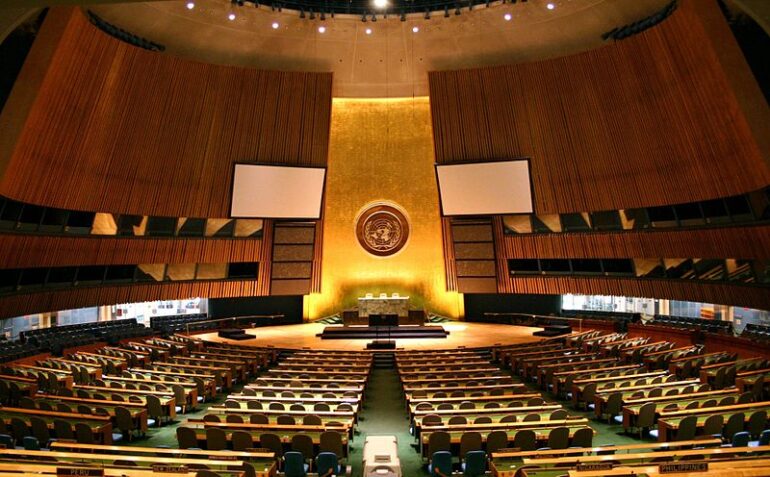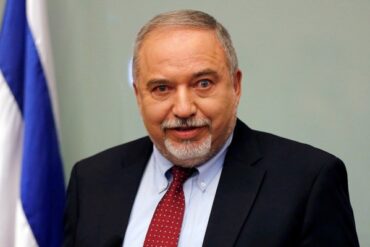Our sages teach that seventy bulls were offered as korbanot in the Jerusalem Temple over the week of Sukkot to represent the seventy nations of the world, and atone for the transgressions of every nation in order to bring sufficient rain around the globe.
Of Israel’s three pilgrimage festivals, Sukkot is distinctly universal in contrast to Pesaḥ and Shavuot, which commemorate precise moments in Jewish history.
In its historic role as an opportunity to atone for the transgressions of all peoples, Sukkot also holds a special place in the future redemption of Israel and the world. As the prophet Yishaya proclaimed, “I will bring them (those among the nations who would recognize and follow HaShem) to my sacred mount, and will cause them to rejoice in my house of prayer; their burnt offerings and sacrifices will be accepted on my altar for My house shall be a house of prayer for all peoples” (Yishaya 56:7).
At its highest ideal, Jerusalem – and the Temple Mount in particular – is meant to be an assembly for the nations of the world to realize their loftiest aspirations in service of the Creator. From sufficiently feeding the world with plentiful rain to ending war as the nations beat their swords into plowshares, the prophesied international assembly in Jerusalem for Sukkot truly serves as an assembly for the advancement of internationalism.
Today, however, no such efforts exist in Jerusalem or anywhere else in the region. The closest such assembly in our present day is the General Assembly of the United Nations in New York, as well as its affiliate subcommittees and bodies.
As the preamble of the UN’s charter declares, “We the people of the United Nations determined to save succeeding generations from the scourge of war… have resolved to combine our efforts to accomplish these aims.”
In addition to world peace, stated aims include advancing human rights and promoting economic welfare, social progress, and cultural production.
In 2000, the UN announced a set of Millennium Development Goals, first among them the reduction of extreme poverty and hunger by 2015. While the UN claimed success in achieving their modest goal five years ahead of schedule, there were still around 800 million people living in extreme poverty and undernourishment, including 90 million children under the age of five in 2015.
The eradication of war remains an even more elusive goal.
Despite their lofty aspirations, and their limited successes, the UN – like the dozens of other supranational organization that have cropped up since World War II – has failed to truly unify the nations of the world in service of common goals. The outsize power of the permanent security council members, the regional imbalances in funding and staffing, and the widespread insistence on national sovereignty above all have each become major stumbling blocks towards realizing humanity’s deepest prayers.
And therein lies the key – prayer. While insisting on respect and tolerance for the diverse spectrum of beliefs among its numerous member states, the UN is an organization that functions exclusively within the ideological paradigm of its most dominant nations. They place their faith not in a higher power but in the power of capital, nation-states, governments, organizations, and corporations. Each member is unwilling to fully give of itself to fulfill their stated aims because in the current Social Darwinist global system they seek to maintain, to give yourself over to earthly powers is weakness.
And that is the role of B’nei Yisrael and our festival of Sukkot. To spread awareness and awe of HaShem to all the nations, to unite them under His Ideal and to bring them together to connect to their collective Source at His holy mountain.
We must move past self-interested political squabbles in international forums, not because they’re right or wrong, but because they’re ultimately insignificant. Only when the nations of the world recognize our own deep inner unity as part of the timeless Reality we call HaShem and commit ourselves to living and organizing our world in such a way that expresses that unity as an act of devotion to Him can we advance our national mission in tandem with our universal goal of “perfecting the world through the kingship of HaShem.”





